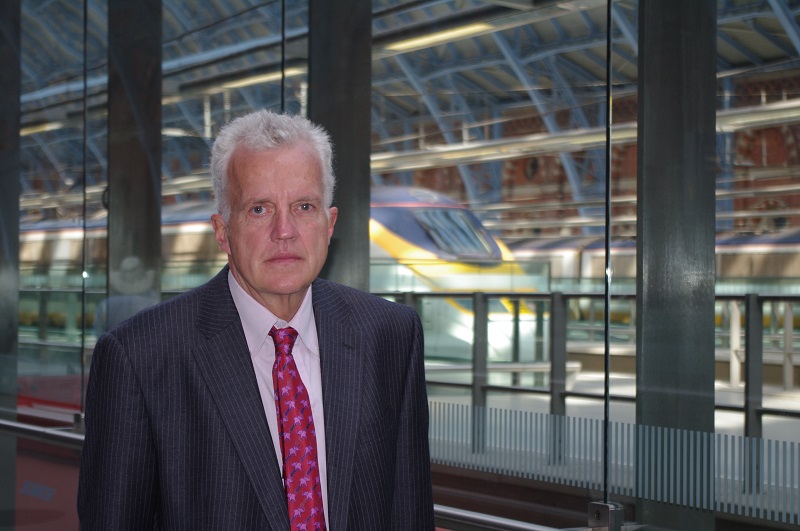If Patrick McLoughlin thought that escaping the bear pit of the whips office to the post of Secretary of State for Transport was a passport to a peaceful life, he will swiftly have been brought back down to earth. Within days of taking office he was plunged into the worst crisis in the Department since the collapse of Railtrack a decade ago with the withdrawal of the West Coast franchise and it is clear that sorting out the concerns about both the Department’s competence and the way the railways are run will be a long haul. The whole franchising exercise, together with many investment plans on the railways, has been put on hold and he will need to work overtime to kick start it again.
The crisis has quickly highlighted for Mr McLoughlin one of the odd features of his new job. Whereas railways account for barely 8 per cent of journeys, they tend to feature far more prominently in the Department’s workload than that figure would imply. The reason is that railways are high profile, used by affluent and influential voters largely concentrated in the capital and have become politicised since the privatisation of the mid 1990s.
Moreover, despite privatisation, the railways are still seen as largely the government’s responsibility since they absorb vast amounts of subsidy and are dependent for investment decisions on government policies. Fares are a typical example. Fares rises are a hardy perennial and Mr McLoughlin will have to face presenting a 4.2 per cent average rise in January, though at least that is better than the original 6.2 per cent vetoed by David Cameron.
The rail franchising crisis will have dominated Mr McLoughlin’s workload in the first few weeks but there are other issues that he will need to address. There are several issues on roads, notably their deteriorating condition leading to the increasing number of complaints about potholes, safety with the annual death toll having risen for the first time in a decade and construction, since roadbuilding is seen as an easy way of kickstarting the economy. However, with the exception of the odd by-pass, new roads are generally unpopular locally and are very expensive. Moreover, there is a lack of ‘shovel-ready’ schemes since the roads programme has been run down over the years. For the most part, it will be a matter of trying to keep the issue out of the headlines, which is the reason why road pricing, seen by many experts as inevitable eventually, has been ruled out for the time being.
Aviation is the other biggy. With Boris Johnson on the warpath over what has become known the new airport in the Thames Estuary known as Boris Island, and other plans being bandied about almost daily with proposals for new runways or major expansion at Stansted, Gatwick, Luton and Manston – this is also a political hot potato.
But here, in a way, Mr McLoughlin is lucky. His predecessor, Justine Greening was forced out of the job because she was adamantly opposed to a third runway at Heathrow since her Putney constituency is right under the flight path. Since he is a Derbyshire MP, he has no such local concerns and, even better, the issue has somewhat been kicked into touch thanks to the establishment of the Howard Davies review into airport capacity. Although there is to be an interim report before the election, its main findings will not be published until 2015, when, if previous experience is anything to go by, Mr McLoughlin will be somewhere other than Marsham Street.
Nevertheless, transport has a knack of throwing ministers suddenly into the limelight, usually to explain away bad news such as weather hold ups or accidents. With such an inauspicious and unlucky start, Mr McLoughlin will at least know how to handle the next crisis.
